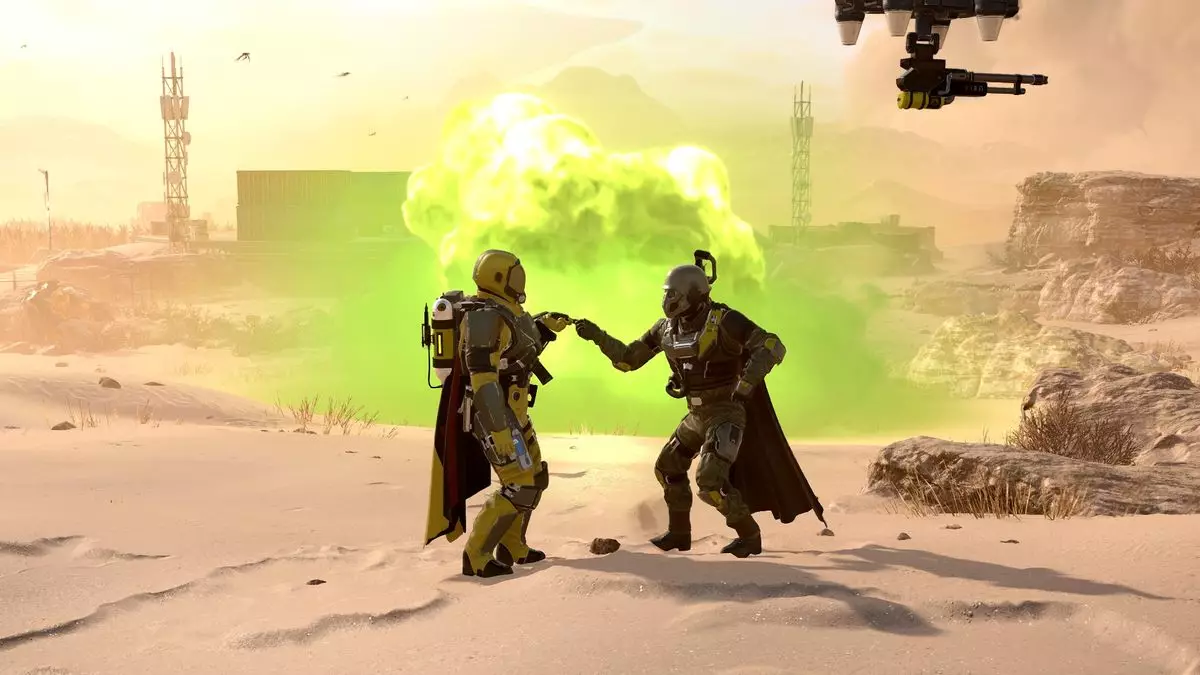In an era where music in video games often leans towards electronic beats and synthesized sounds, orchestral compositions have sometimes found themselves in the background or, worse, disregarded. This sentiment was poignantly expressed by Will Roget, the composer behind the backdrop of the widely praised score for “Helldivers 2.” Just before the game’s release, Roget contemplated stepping away from composing orchestral music. He felt a growing disconnection between the evolving tastes of gamers and the elaborate, time-intensive nature of orchestral compositions, which raised his concerns about their relevance in current gaming landscapes.
Industry conversations often find a voice on platforms like Twitter. Director Johan Pilestedt sparked a significant dialogue about the game’s orchestral score, stating his disbelief that it had not been recognized with an award nomination. His enthusiasm was infectious. Pilestedt’s genuine affection for the score, noting that he listens to it daily, sent waves of support to Roget and highlighted how impactful music can be in video games. Such public endorsement not only illustrates the vital role of music in enhancing player experience but also provides critical motivation for composers who may question their contributions.
Roget’s initial pessimism gave way to surprising joy as “Helldivers 2” resonated with players in unprecedented ways. The enthusiastic, sometimes overwhelming, positive feedback—including player-made reaction videos and creative adaptations of the score—reignited his passion for orchestral music. One particularly striking response was the production of full metal covers of his works, demonstrating a vibrant cross-genre appreciation. This unexpected reception revealed a potentially untapped market for orchestral music within the gaming community, indicating a broader acceptance and appreciation than Roget had initially assumed.
The journey of Roget serves as a reminder of the cyclical nature of creativity in the gaming industry. Just as Roget nearly set aside orchestral music, the revival sparked by the community’s response shows that there is room for diverse musical styles in video game soundtracks. With his renewed enthusiasm, Roget stands as an example for fellow composers facing similar crossroads, encouraging them to persevere in developing lush, orchestral scores. His story also beckons game developers to continue investing in rich soundscapes that can elevate narrative and gameplay.
Ultimately, Roget’s experience highlights the essential relationship between creators and their audiences. The vibrant interaction that emerged from “Helldivers 2” serves to reaffirm the significance of orchestral music in the medium. As players continue to embrace a wide range of musical styles, composers like Roget are reminded that their work does matter. With a community that passionate, the future of orchestral game music looks bright, sparking a renaissance that both players and creators can cherish.


Leave a Reply